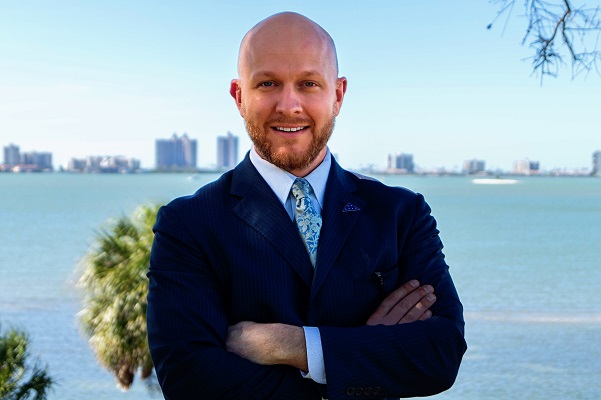The Delayed Discovery Rule
Childhood sexual abuse is ever apparent in our society; many victims were betrayed by their spiritual and community leaders. These leaders were supposed to protect and guide these children but instead used their position of authority for a darker and monstrous cause.
In August of 2018, a Pennsylvania grand jury reported more than 300 “predator priest” had been accused of abusing more than 1,000 child victims. The sad reality is the number of abused is undoubtedly higher. This is due to the fact many victims were urged to be silent by clergy or family members; or think they are barred from filing suit because the abuse happened decades ago. The latter is a common misconception that can be circumvented depending on your state’s statute of limitation for sexual battery, or if your state’s legislature has implemented “the delayed discovery rule”.
If you are a victim of institutional or clergy sexual abuse, it is important to understand your state’s statute of limitations. Many states have enacted a “delayed discovery rule”; this legal doctrine suspends the running of statute of limitations during the periods of time in which the plaintiff did not discover or could not discover the injuries that lead to the plaintiff’s cause of action against the defendant. For example, in the Florida Supreme Court case Hearndon v. Graham, the Court stated “The delayed discovery doctrine postponed accrual of plaintiff's cause of action against her stepfather for injuries allegedly resulting from childhood sexual abuse, where plaintiff alleged that she suffered from traumatic amnesia caused by childhood sexual abuse, and plaintiff filed suit shortly after she recalled abuse.” This means that the statute of limitation did not begin to run for the plaintiff in Heardon until she was able to overcome her amnesia and remember the sexually abuse. The “delayed discovery rule” has been implemented by legislatures across the country due to the unique nature of sexual abuse, the stigma associated with it, and the likelihood of repressed memories.
In Florida, the filing of a civil claim dealing with sexual abuse or incest must be commenced at any time within:
- 7 years after the age of 18,
- 4 years after leaving the dependency of the abuser, even if the victim is older than 25, or
- 4 years from the time of the discovery of both the injury and the causal relationship between the injury and the abuse. 95.11 (7) Florida Statutes
Follow this link to a state specific list of statue of limitations.
If you, or someone in your family, have been a victim of clergy abuse; please contact The Law Offices of Frederick W. Nessler and Associates, Ltd. for a strictly confidential and personal consultation. Several resources exist to obtain counseling, help and other assistance in this regard. If you have inquired about bringing suit against your abuser in the past and have been denied due to statute of limitation issues, we urge you to please contact our law offices. Our office locations include Springfield, IL., Decatur, IL., Champaign, IL., Chicago, IL., and Tampa, FL. area. Call us toll free at 800-727-8010 or send us a message.


